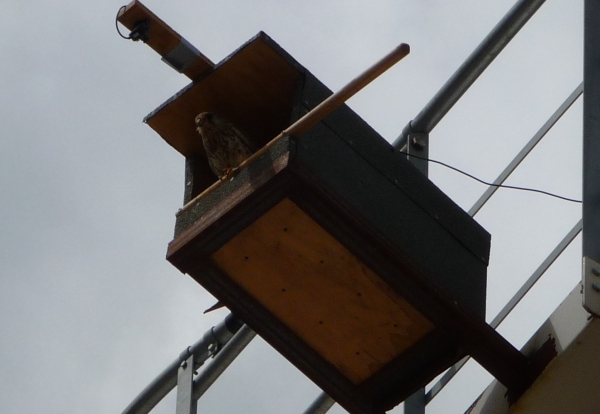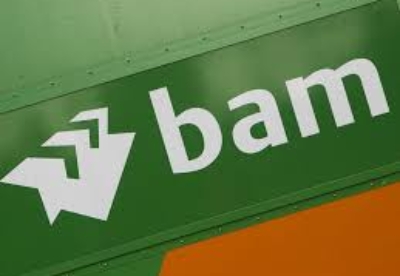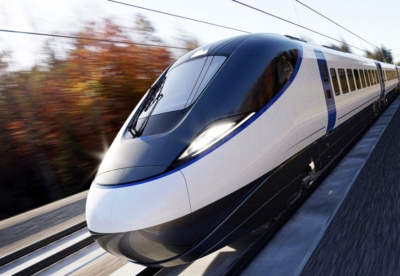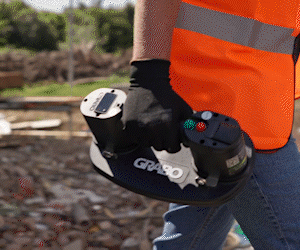Plant supervisor Brett Erwin of materials supplier Lafarge first spotted the birds roosting near a mobile concrete production unit at J29 near Upminster, Essex.
He made a nesting box for them and since then six chicks have hatched and the site team are now following the new family’s progress on a webcam set up to monitor the nest.
Erwin said: “I’ve always been interested in wildlife – at school I took forestry lessons and used to make bird boxes.
“I think the kestrels were attracted to the batching plant by the warmth from the heaters that are used in the concrete production process. It looked like they were searching for somewhere to nest and I thought that maybe I could help.
“I was really excited when I saw the kestrels using the box – it provides a safe place for them to set up home and means that, when the batching plant is removed at the end of the project, we can move them to nearby countryside while disturbing them as little as possible.
“In April I put a little camera up to film inside the box and now we have a continuous feed from the nest.
“It was really interesting to see the birds settling in. The female would sit on the six eggs while the male went hunting. He sits on top of the box with mice in his beak.
“Occasionally she will fly off for a little while to stretch her wings. Now that the eggs have actually hatched it is absolutely fantastic, and the family is doing really well. It won’t be long now before the chicks fly the nest.”
With their pointed wings and long tails, kestrels are a familiar sight along UK motorways and other big roads as they use thermals from the road to hover while they look for prey.
The M25 is being widened by Connect Plus on behalf of the Highways Agency, under a 30 year contract to maintain and improve the whole M25.

























































